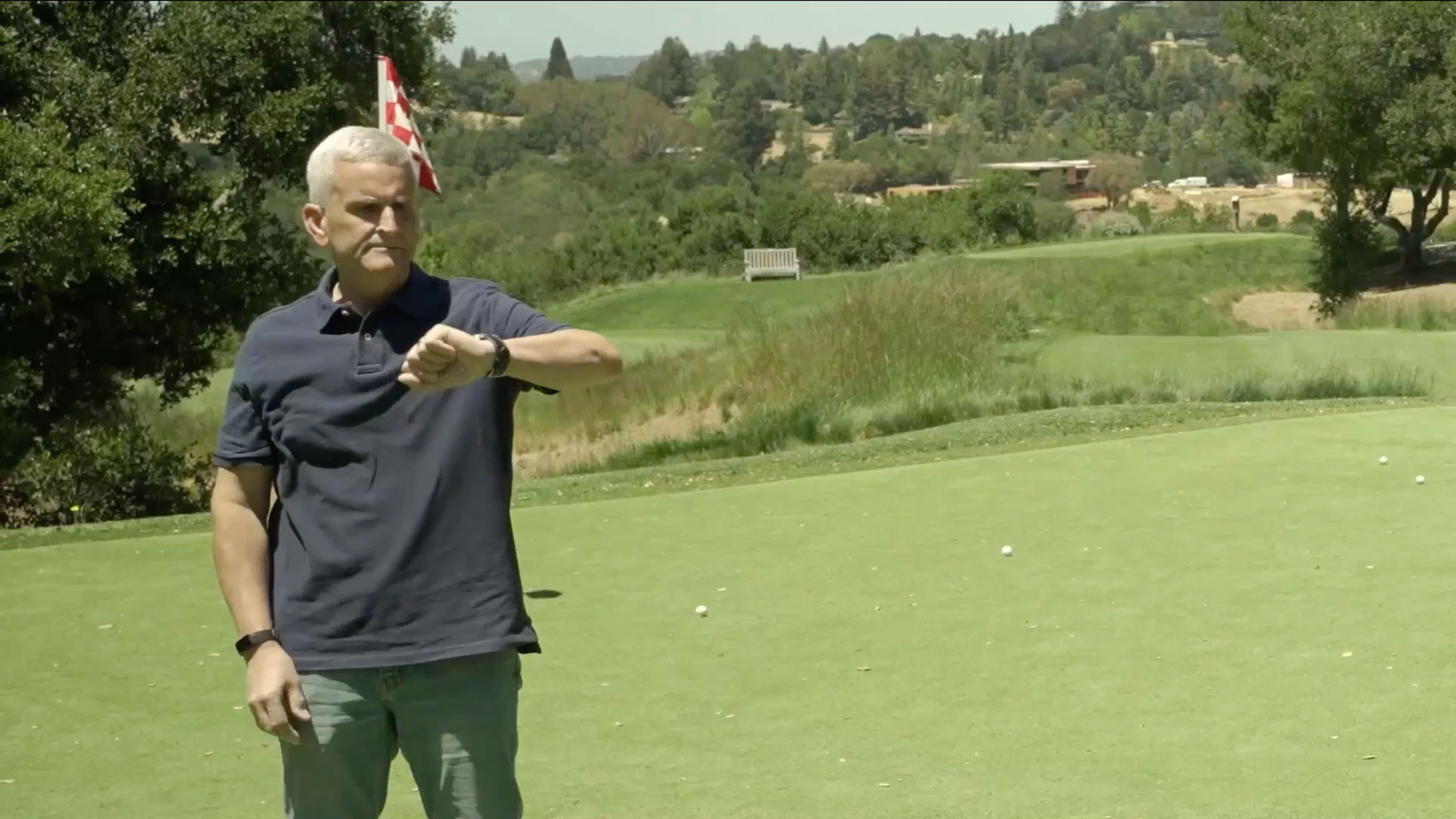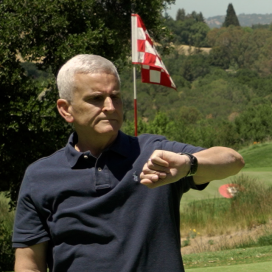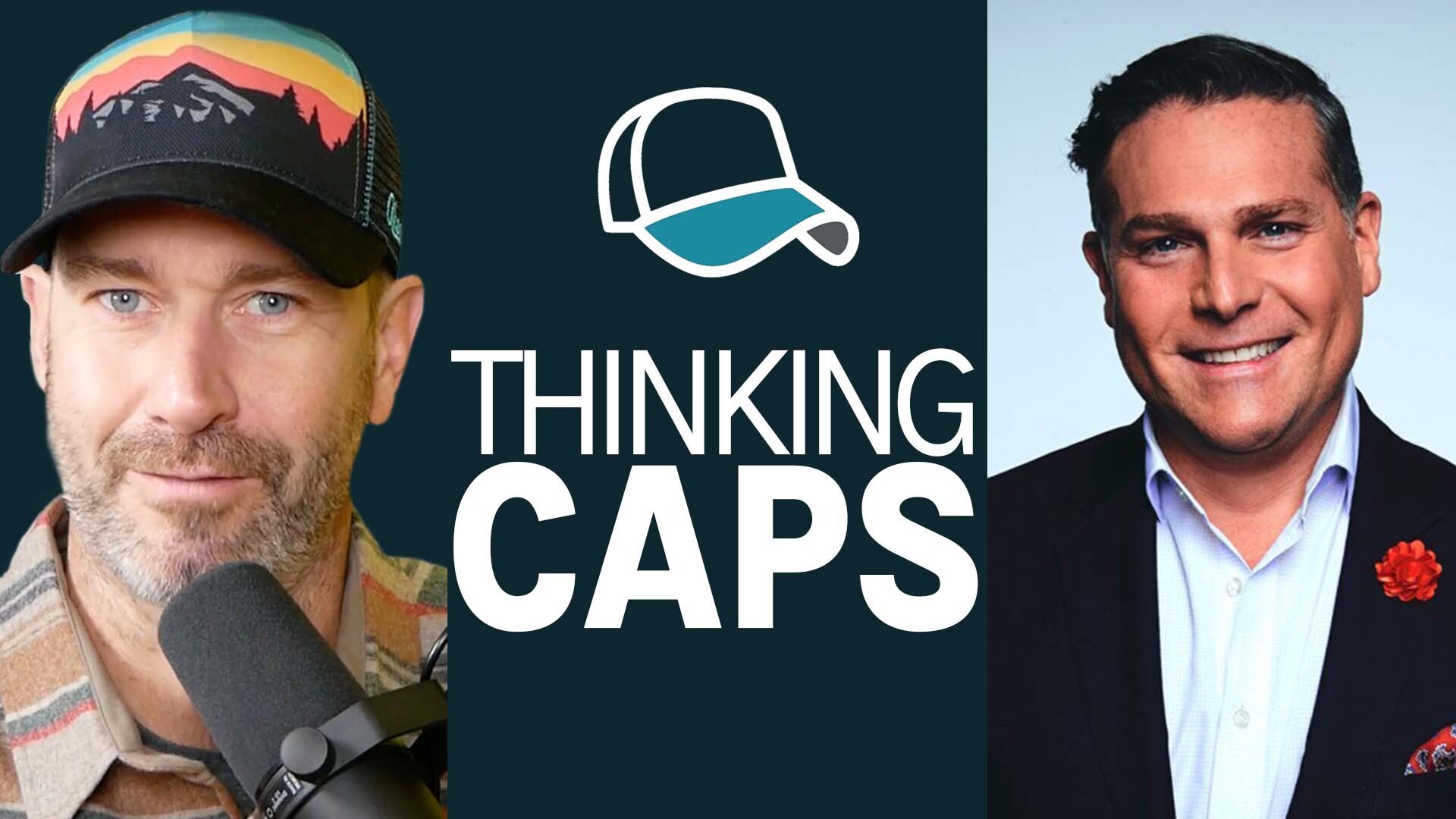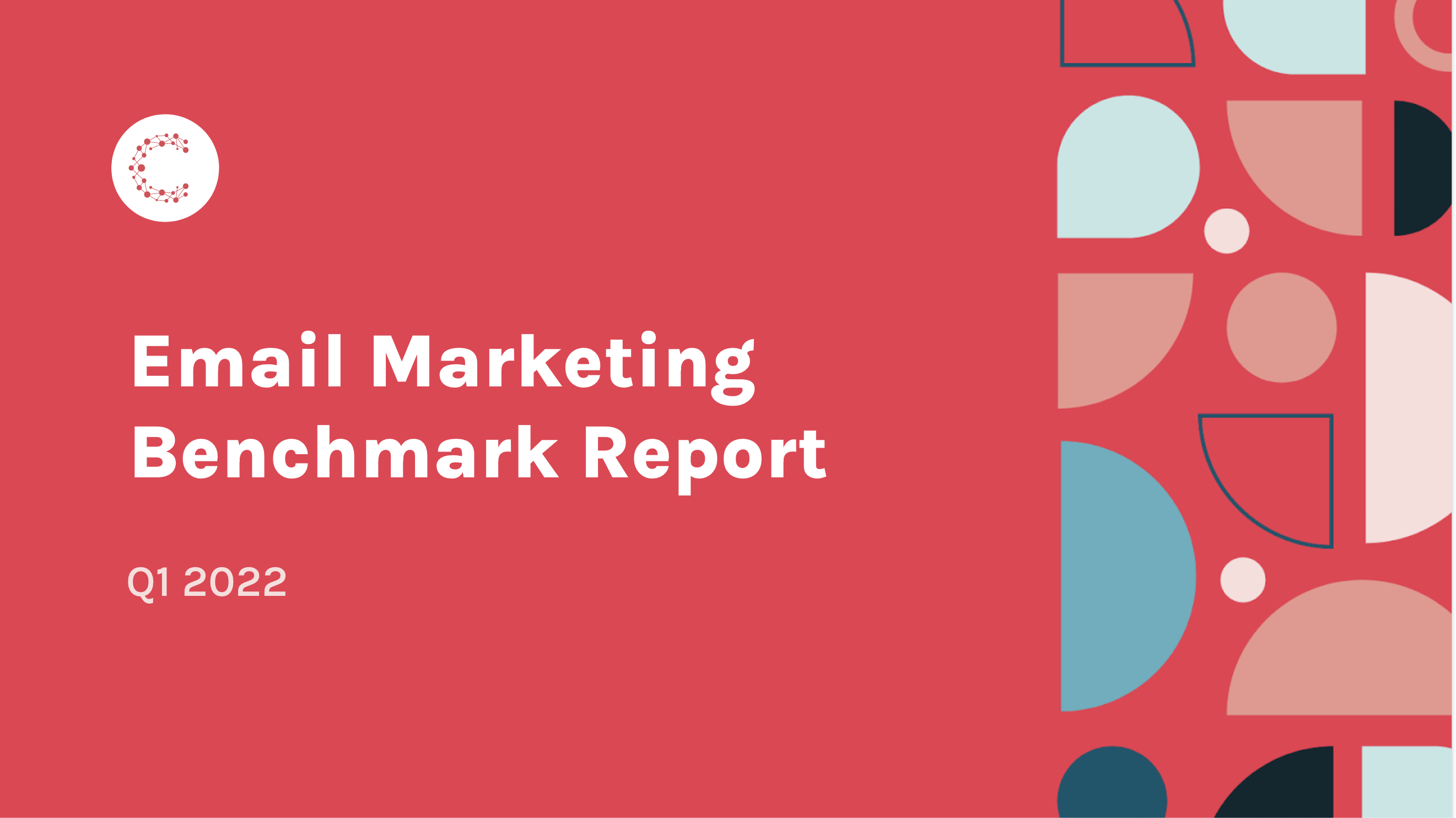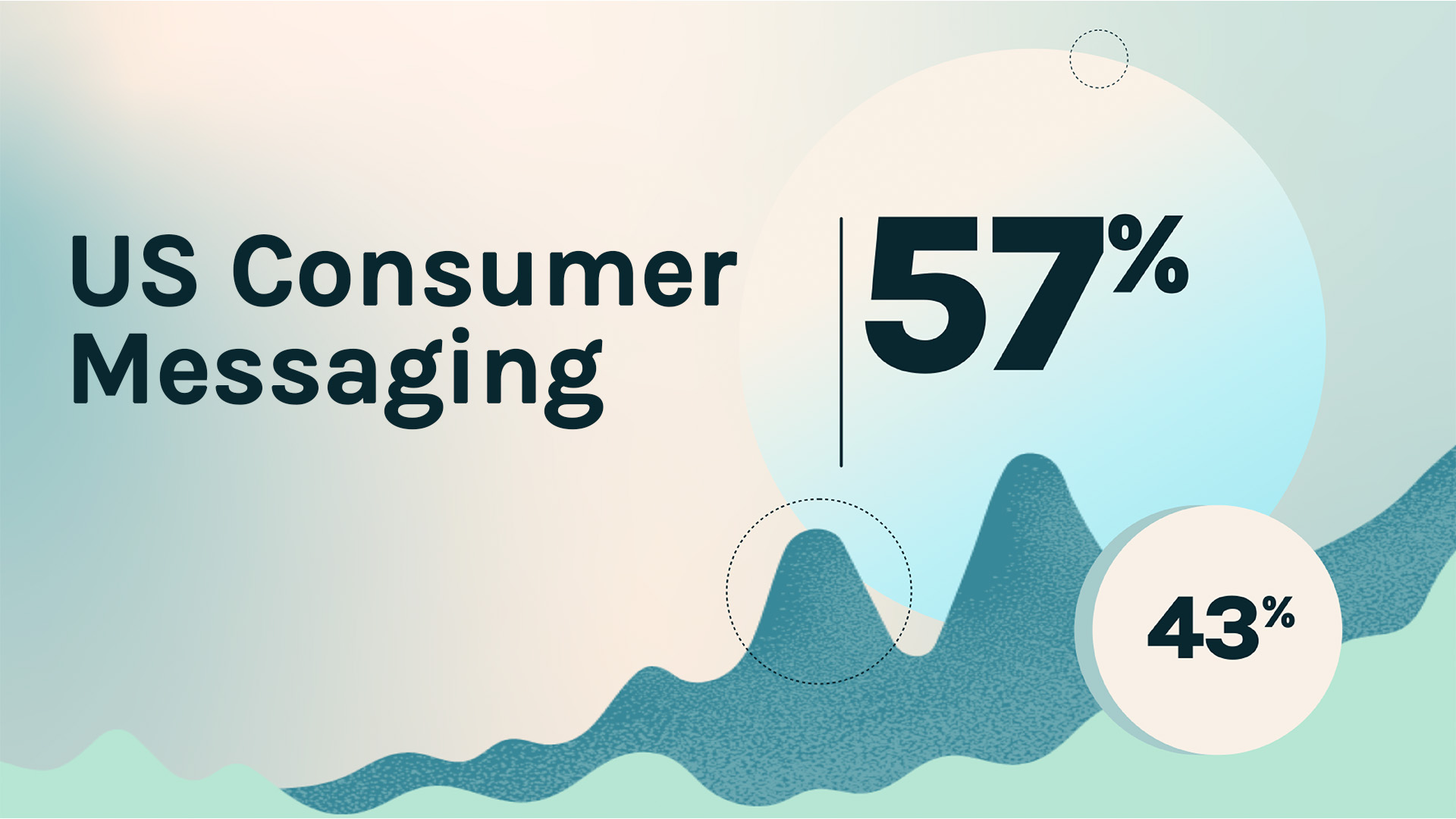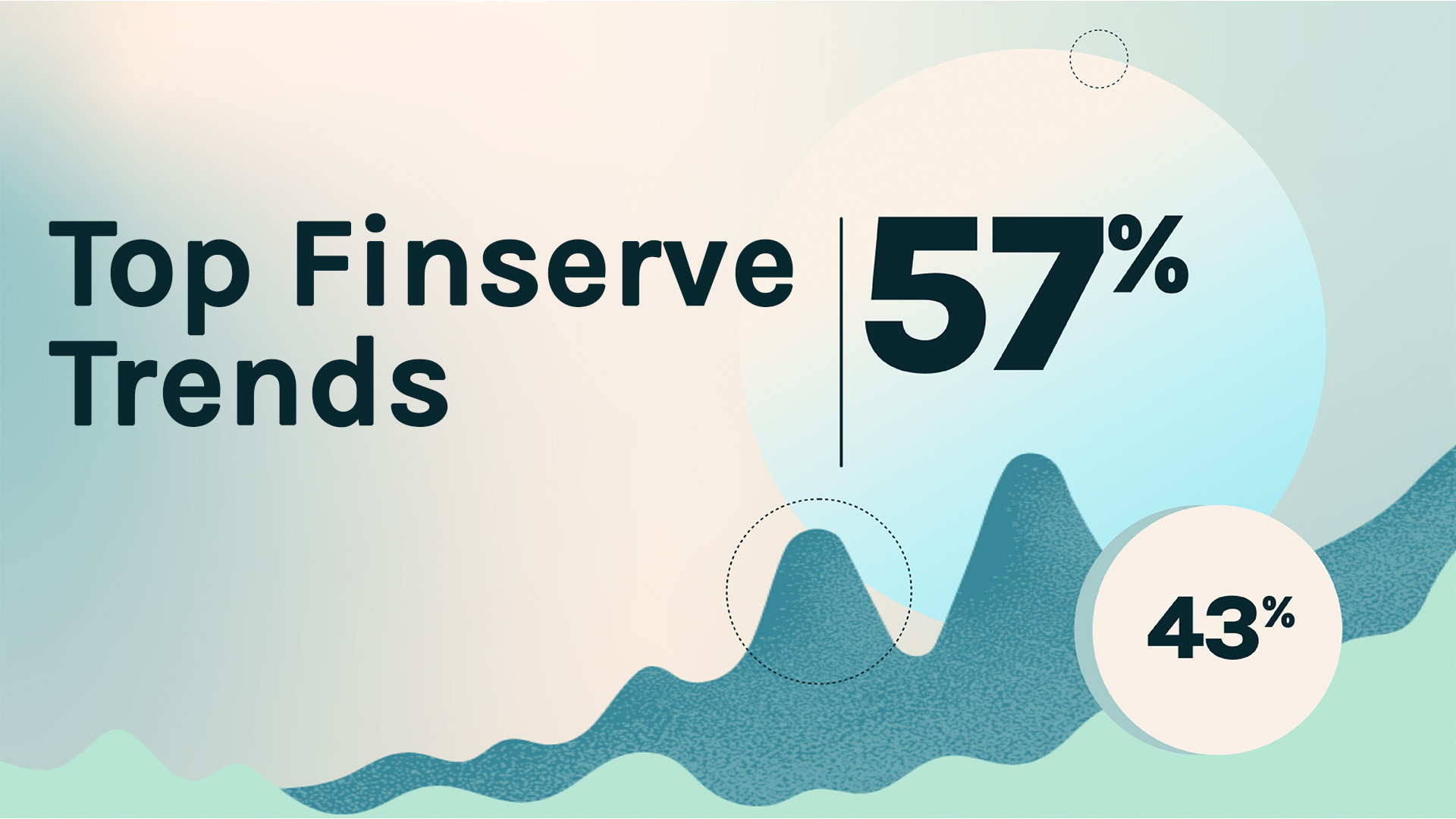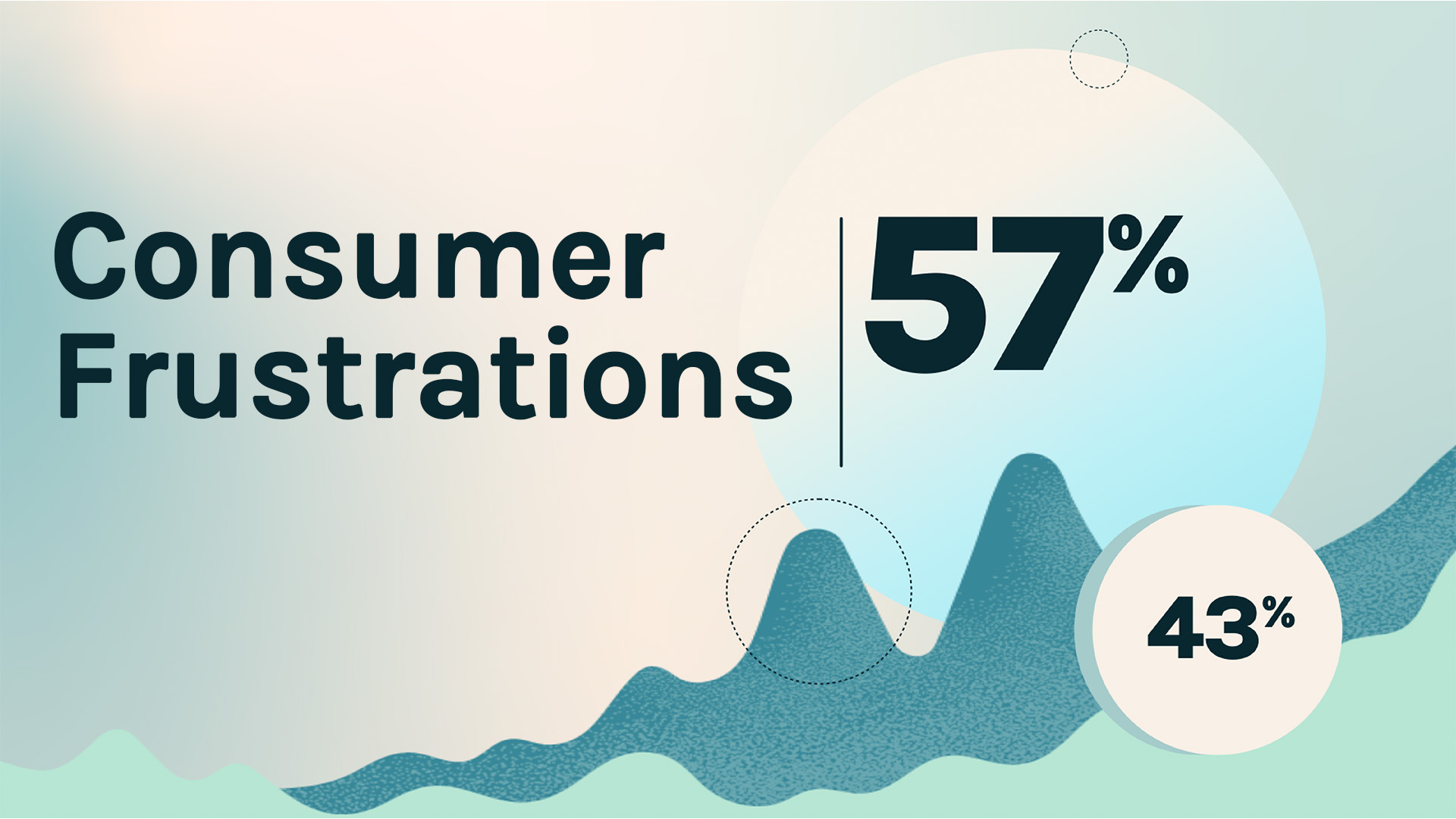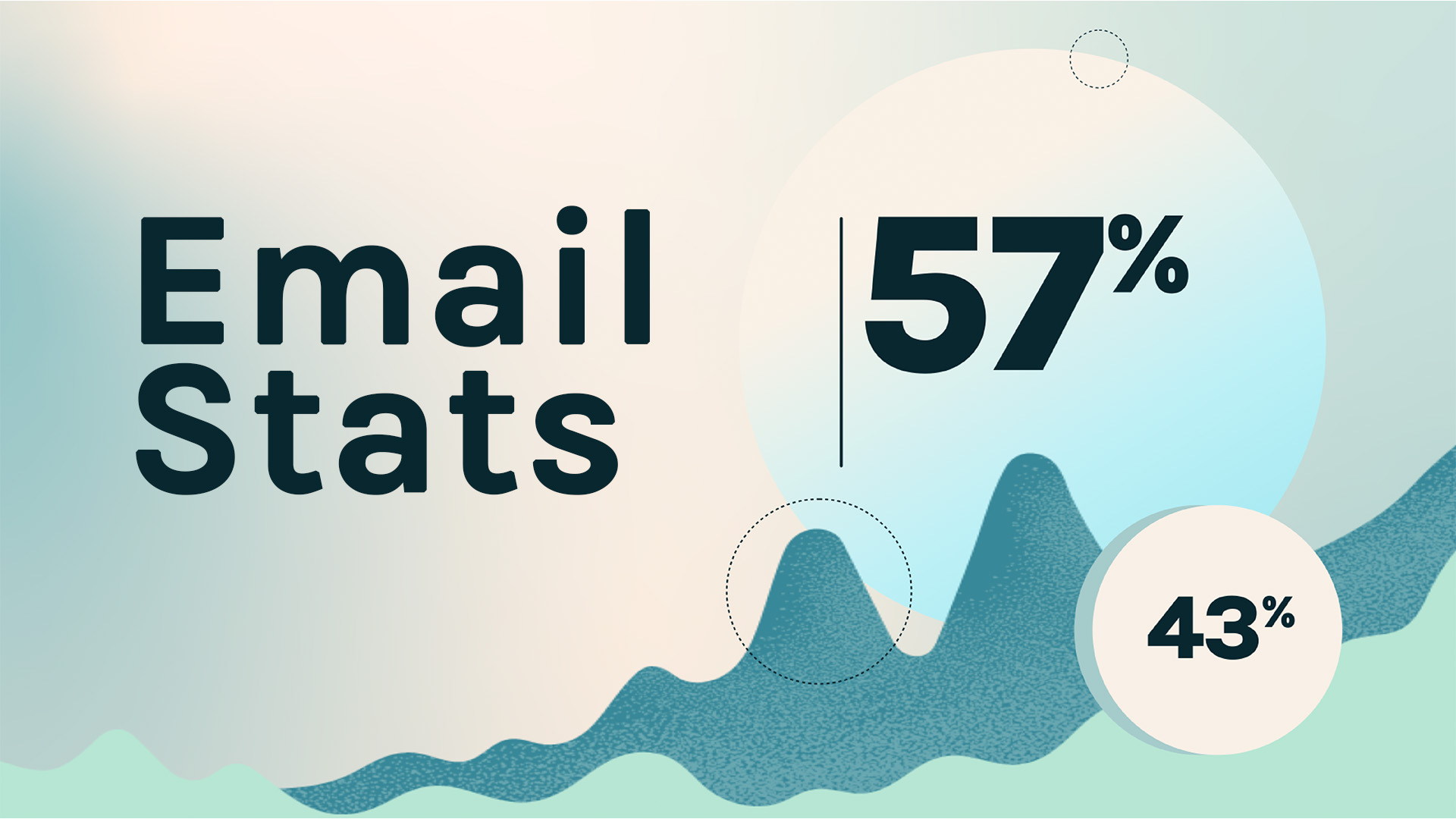Spotlight: Mike Ribero, the Loyalty Visionary, Pt. 2
- 0.5
- 1
- 1.25
- 1.5
- 1.75
- 2
Speaker 1: Welcome back to another, Thinking Caps Spotlight. This is actually, Spotlight number two with, Mike Ribero and our own CMO, Richard Jones. In this one, Mike Ribero, the loyalty legend, asks why most loyalty programs are, well, broken.
Richard Jones: Yeah, and why should we listen to Mike, CEO of Reach? Well, let's ask him. Take a listen. So, Mike, we're here today to talk about loyalty. Why should marketers listen to what you have to say?
Mike Ribero : Me? No, seriously. I have a lot of experience in loyalty. I started my career at Procter& Gamble and after that, spending time in Proctor& Gamble marketing, where everything's very disciplined and analytical, I went to work in the airlines. And, I was fortunate enough to lead one of the teams that was putting together, at the time, the Eastern Airlines and Continental Airlines loyalty programs, which resulted in, One Pass. One Pass, was a revolutionary program. It was the first program to introduce, things like mileage saver rewards, and miles for purchase, and things like that. It was the first loyalty program that actually had an affinity card, a branded card with Marine Midland Bank, which may no longer be in business.
Richard Jones: How long ago was that?
Mike Ribero : That was in the late eighties, believe it or not.
Richard Jones: Right.
Mike Ribero : Then I joined Hilton, and Hilton didn't have a program, when I joined. So, I thought, hey, I just built the program at Eastern Continental, that was pretty successful. I'll just go do that at Hilton. And, then I got there and realized they didn't own all their hotels, like the airlines owned all their airplanes. So, we had to create a new model. And, since then, I've done a lot of work. I've worked on the Starwood Preferred Guest Program, which is now part of Marriott Bonvoy. I worked on things in the insurance industry like, accident forgiveness and vanishing deductible, which in their very own rights are loyalty programs. Because, the definition of a loyalty program is the combination of reward and recognition that creates an opportunity cost, for not exclusive use of a brand.
Richard Jones: So, credibility granted. So, thank you for giving the back stories.
Speaker 1: All right. Rich. Well, look, Mike is very outspoken, as far as loyalty programs not evolving and not to keep up with the time. So, what did he actually tell us?
Richard Jones: Well, he believes that we need to move to a more personal approach to marketing. Where, brands and consumers form closer, direct relationships. And, he sees modern approaches to loyalty as that conduit, but that's a far cry from the rewards programs that most brands have today. Let's listen. So, one of the things that we saw in this year's consumer digital trends report was that 79% of consumers when asked, said that they'd prefer it, if brands dialed back advertising to them on platforms like, Facebook, and instead invested in loyalty programs to actually we bring them closer to the brand. Do, you think we are moving from, perhaps, a more impersonal form of marketing that was driven by very sophisticated ad tech and third party data, to the need to drive more of a personal frame of connection to consumers?
Mike Ribero : Absolutely. And, it's not just a question of the relationship. It's a question of profitability, now. Also, potential of losing the customer. What's happened is, because of the distance that's been created between customer and brand, it's opened the door for what I call, dissenter mediators. Platforms that are inserting themselves in between the relationship, and either channeling all the business through them, or literally taking the customer from the brand. Let me give you a couple of examples. You look at the popularity of the affiliate platforms like, Rakuten and Retail Me Not. It started as a differentiator, but now every retailer's on that platform and not only is it costing brands margin, but guess who gets credit for the discount? Not the brands. Rakuten does, right? The same thing in the travel industry with online travel agents, Hotels. com now has their own loyalty program. And, they want the relationship, and they want to take it away from their own hotel clients. And, now even with Covid, the emergence of platforms like, Instacart and Postmates, which are great platforms, but once the relationships established, the supermarket is no longer getting the data because Instacart's getting the data. So, it comes at a cost. And, I think brands, if nothing, will be called to action by virtue of the fact that they want to reclaim their customers back. And, the only way to do that is to give them a reason to reengage, and do so directly.
Richard Jones: One of the things that I hear quite a lot from CMOs, in fact, I shot a CMO round table this morning, some of the CMOs on that round table were lamenting that they didn't have that storefront, that relationship with a consumer. Because, they were a traditional brand that was separated, at least commercially, transactionally from the consumer. Surely, loyalty programs are the way that brands can step over that divide and get that connection.
Mike Ribero : I believe they are, but they don't have to be a traditional loyalty program, that creates blow back from the retailer that provides the bulk of that brand's distribution. As we talked about earlier, there's the concept of, I think we're moving away from this idea that everybody has to compete head to head, to more of an era of cooperation. And, you're starting to see it in retail with Sephora opening stores in Kohls, and Ulta beauty opening stores at Target. You're already seeing it in supermarkets. As a matter of fact, supermarkets may become the next mini mall and it makes sense, because people go to the grocery store every week, at least they did before COVID. So, I think you're starting to see an era of cooperation, where these brands can work with their distribution, with the retailer, to have some direct contact with their customer, without upending the distribution channel, and undercutting in any way, the relationship that they have with the grocer and grocers customers.
Richard Jones: So, I know, CEO of Reach, I'd love to understand, a little bit, about how your philosophy and your ideas around the way that loyalty programs need to change, and their importance to reinvent this connection between brand and consumer. How's that philosophy played into what you're doing with Reach?
Mike Ribero : It started with a simple question, we asked ourselves. And, that is, if I was designing a loyalty program today, would I build it the way most are built or would I build it completely differently? And the answer was, I would build it completely differently. And, it's based on one simple question, why build a platform and a strategy around simply encouraging and rewarding purchases, when there's so much more a consumer can do today that can add value to my brand. That's what led to the genesis of Reach. The other thing was, when you think about loyalty, and you think about the construct of existing programs, we're not really rewarding loyalty, we're rewarding purchase. It could be that, what I believe to be my best customer, who's giving me a ton of business is giving more business to my competitor. They're just a big customer. So, not really understanding things like, share of wallet, which is the true measure of loyalty, is something I think that brands need to understand, so they can reward the true champions of the brand. The true believers.
Richard Jones: So, one of the things that we've been very clear on, at Cheetah Digital, with our strategy around loyalty, is we needed to have a platform that wasn't just points for purchase. And, that was a proper, software as a service, platform that would allow brands to deliver more experiential connections with consumers. So, it doesn't have to just be about transactions. Why do you think that's important?
Mike Ribero : I've always said that, loyalty programs are flawed, in that they're not always rewarding incremental transactions. As a matter of fact, you think the average company spends between two and 4% of gross revenue on the loyalty program, and somewhere between two thirds and three quarters of the transactions they're getting, they would've gotten anyway. It's the 20%, the 25% they might be getting, that's truly incremental. That's a big cost to pay for that single mindedness. I think by expanding the platform to provide other ways that our customer can add value and to become more engaged, you're going to get those incremental transactions. You're going to get a greater share of their wallet, and you're not going to it through a simple and singular monolithic purchase based strategy.
Richard Jones: So, Mike, you've been around the block. You've seen all sorts of different technology programs delivering loyalty. Tell me, if you were speaking to a prospect out there, why would you recommend them looking at Cheetah's Customer Engagement Suite?
Mike Ribero : For couple of reasons. One, it works. Two, it's flexible. Three, very little risk. I can't tell you how many times I've seen people try to piece together their customer engagement strategy with different technologies, only to find that it's a complete cluster. Cheetah gives you that 360 degree solution that most brands are looking for, in a way that you know is going to work, and is going to work, maybe not overnight, but you're going to be in business a whole lot faster than you could ever hope to be, with a compendium of technologies or solutions.
Richard Jones: So, Mike, thank you very much for doing the interview today. Really, really appreciate it. Thank you very much for your business, and wish you all the best of luck with Reach.
Mike Ribero : Thanks for having me and thanks for being a great partner.
Speaker 1: All right. Well, there you go. Another great, Thinking Caps Spotlight. We have the full interview, you can scan this QR code right now. You can see the entire interview with Mike Ribero, and we have other assets with Mike in library at Cheetahdigital. com, under resources. Go check out the Signals Hub. Rich?
Richard Jones: Yeah, I would definitely check out the full interview with Mike, because there's plenty of stuff that we haven't been able to get into, in these two spotlights. Including, how do loyalty programs need to change to really connect with millennials, is also a fascinating topic that we discussed. So, go check it out.
Speaker 1: Okay. See you on the next, Thinking Caps Spotlight.
DESCRIPTION
Mike is currently the CEO of REACH and will share his vision for what customer engagement really needs to be successful today and in the future, all based on his amazing experience helping shape some of the most successful programs ever launched.

